Performance Analysis
Performance in our Media Benchmarks at stock speed was fairly average, although a very healthy multi-tasking score saw it sit fairly high up the table overall. Once we'd overclocked it, performance was pretty much as expected, with over 400 points being added to the stock speed overall score of 2,463, although the resulting score of 2,875 was a tad slower than the Maximus VII Hero and MSI Z97 MPower at the same CPU frequency of 4.8GHz. Performance in our game tests was much more respectable, though, matching or coming close to the top scoring boards on test at stock speed and overclocked.Click to enlarge
The ASMedia ASM1061 SATA 6Gbps controller isn't a good match for a modern SSD - we saw speeds around 170MB/sec slower than using the Intel Z97-based ports so make sure you use the latter for your SSDs - the manual will help you out here. We've also managed to obtain an M.2 SSD in the form of a Plextor PX-G256M6e although it's only rated at 770MB/sec read and 580MB/sec read and write speeds.
Click to enlarge
Even so, the Maximus VII Gene clearly showed that the M.2 port is a valued addition, with a read speed of 750MB/sec. As we've mentioned, we're still looking into RightMark Audio Analyzer but we're fairly sure the results won't change much. As they are, the SupremeFX Impact II is noticeably better, if not dramatically so in terms of a higher dynamic range and lower noise level compared to bog standard on-board audio. We have yet to get round to testing a discrete sound card, but we'll be updating this review with the info and including full results with our next motherboard review.
Click to enlarge
Conclusion
The original Maximus Gene sold well because it was cheaper than its ATX siblings yet still offered the ROG trimmings and overclocked well too. With the addition of the Hero and Ranger, there are similarly priced or cheaper options, so the Gene is now very much using its enhanced overclocking and micro-ATX credentials as its major selling points. As with the smaller Impact, the Gene lacks nothing compared to bigger boards except a couple of PCI-E slots, although once again, Asus hasn't jumped on the SATA Express bandwagon.Click to enlarge
Other than this, the Gene is a fantastic board. It's perhaps slightly more niche in its appeal than in the past, specifically to micro-ATX system fans with the Ranger and Hero offering slightly more rounded feature sets due to their larger size. Compared to some of the cheaper Z97 motherboards we've tested, most notably the MSI Z97M Gaming, it does demand quite a premium. However, its superb looks, excellent layout (with a couple of notable exceptions) , enhanced audio and well-featured UEFI, not to mention extensive software features and good performance mean you certainly won't be disappointed. Plus if you're in the market for motherboard waterblocks, due to its reputation the Gene is usually well supported too. In short, as a premium micro-ATX LGA1150 motherboard, the Maximus VII Gene has nearly everything you need.


MSI MPG Velox 100R Chassis Review
October 14 2021 | 15:04


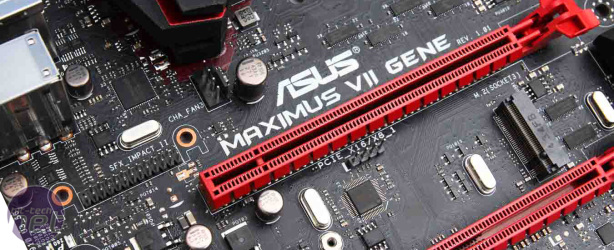
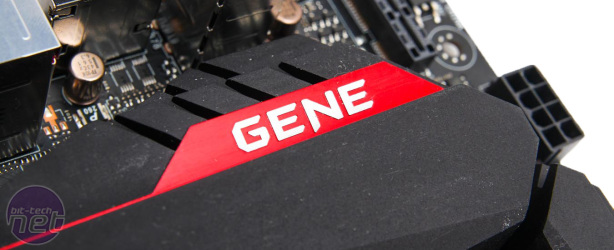
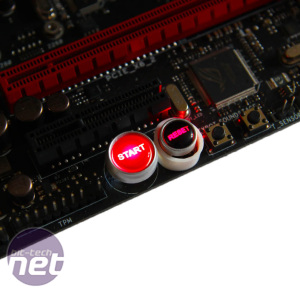
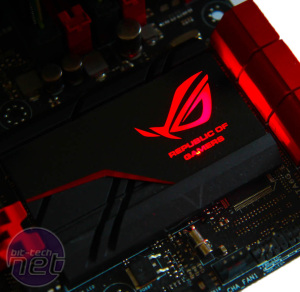
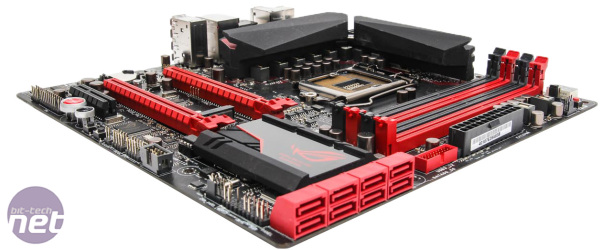








Want to comment? Please log in.